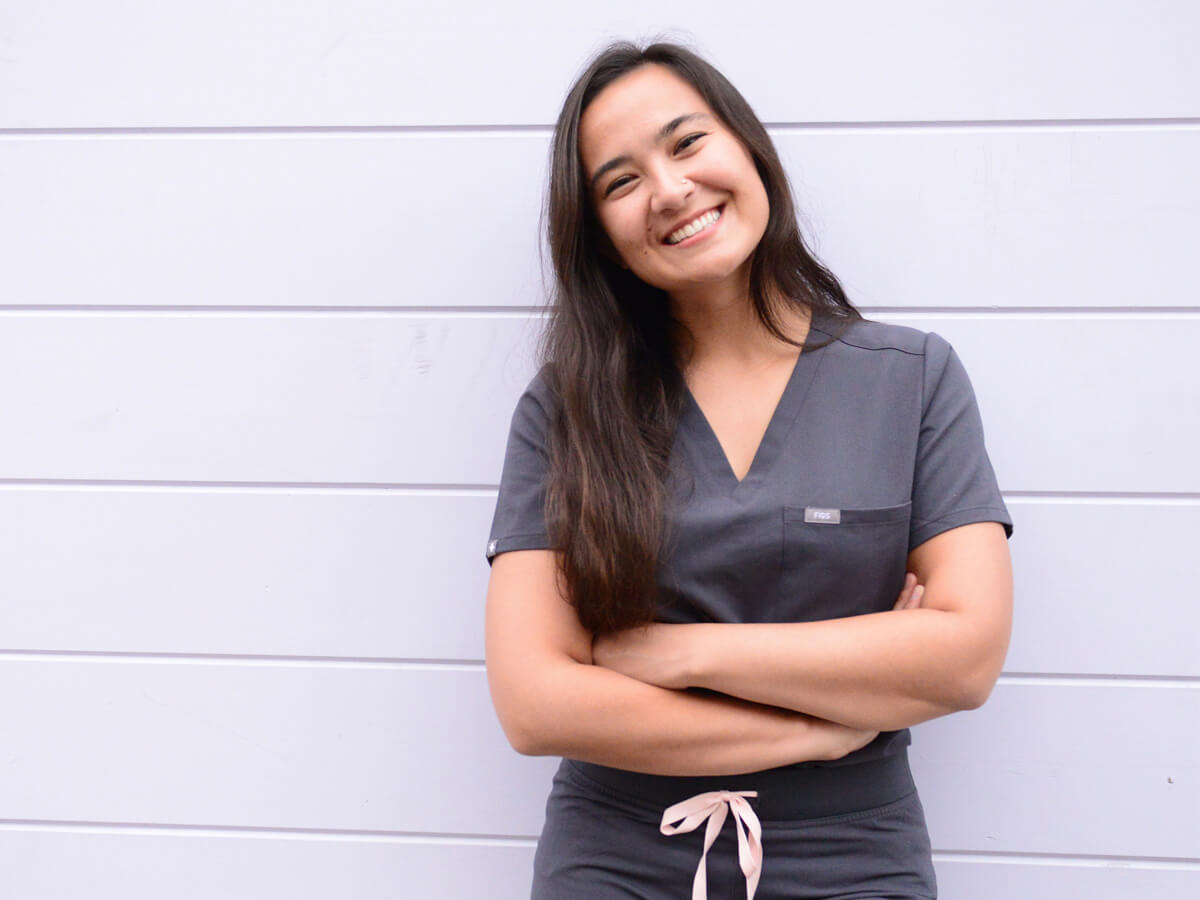What could be considered arguably as important (if not more so) than your classes as a nurse practitioner (NP) student? Your NP clinical rotations!
After learning about pharmacology and pathophysiology in the (virtual or in-person) classroom, your clinical rotations are an opportunity to apply your learning to your future career as an advanced practice provider. In conjunction with doing your best in the didactic portion of your training as an NP student, making the most out of your clinical rotations will help ensure that you have created a solid foundation before you head out into the world as a full-fledged NP.
Below are some tips for making the most out of your clinical rotations as an NP student.
Come prepared!
If you are able to communicate with your NP preceptor before starting a rotation (most of the time you will to sort out logistics), send them an introductory email with a brief paragraph about yourself and ask them 1) what materials they recommend reviewing to be best prepared for the rotation 2) if there are any specific tools or other items you should bring with you and 3) the best way for you to get in touch with them for any urgent matters. This will help ensure you start in an organized fashion. It will also show your preceptor that you want to make the most out of your time with them.
Treat your clinical rotations like an extended interview.
Unlike a typical interview where you tend to only have 30 minutes to a few hours to show your interviewer(s) that you’re the best fit for the position, clinical rotations are an opportunity for you to build rapport with your preceptor and the other healthcare professionals at your clinical site over a matter of weeks to months. Whether you see yourself wanting to work as an NP at a clinical site or not, you never know who you could meet or where they have a connection to. Try and bring your best NP self to each day of your clinical rotation.
Take initiative! You are your best advocate.
As a student, it is common to feel embarrassed about asking to do something or speaking up if your opinion differs from your preceptor or someone else that works at your clinical site. Speak up for yourself! If you come across an appointment/case that you want to be involved in, bring it up with your preceptor. You are there to learn. If you have a good preceptor, they will want to help you get the most out of your rotation. If it’s a busy day and you don’t feel comfortable asking questions throughout the day, write your questions down. You can then ask your preceptor when would be a good time to review them together. Take advantage of unique opportunities during a rotation (scrubbing in, taking on a more complicated diagnosis, etc.) Say yes unless the opportunity requires you break a rule or put your patient/yourself in an unsafe position.
I hope these tips will help you maximize your learning as an NP student. Wishing you the best of luck as you continue on your journey to becoming an NP.
Want more information to help you on your journey to becoming a Nurse Practitioner? Download our Free eBook, The Complete Guide to Becoming a Nurse Practitioner.
Preparing for an upcoming nursing exam? BoardVitals offers the top nursing exam preparation questions targeted to the specific topics and formats of every major exam for RNs, LPNs, nurse practitioners, and other advanced practice nurses.




